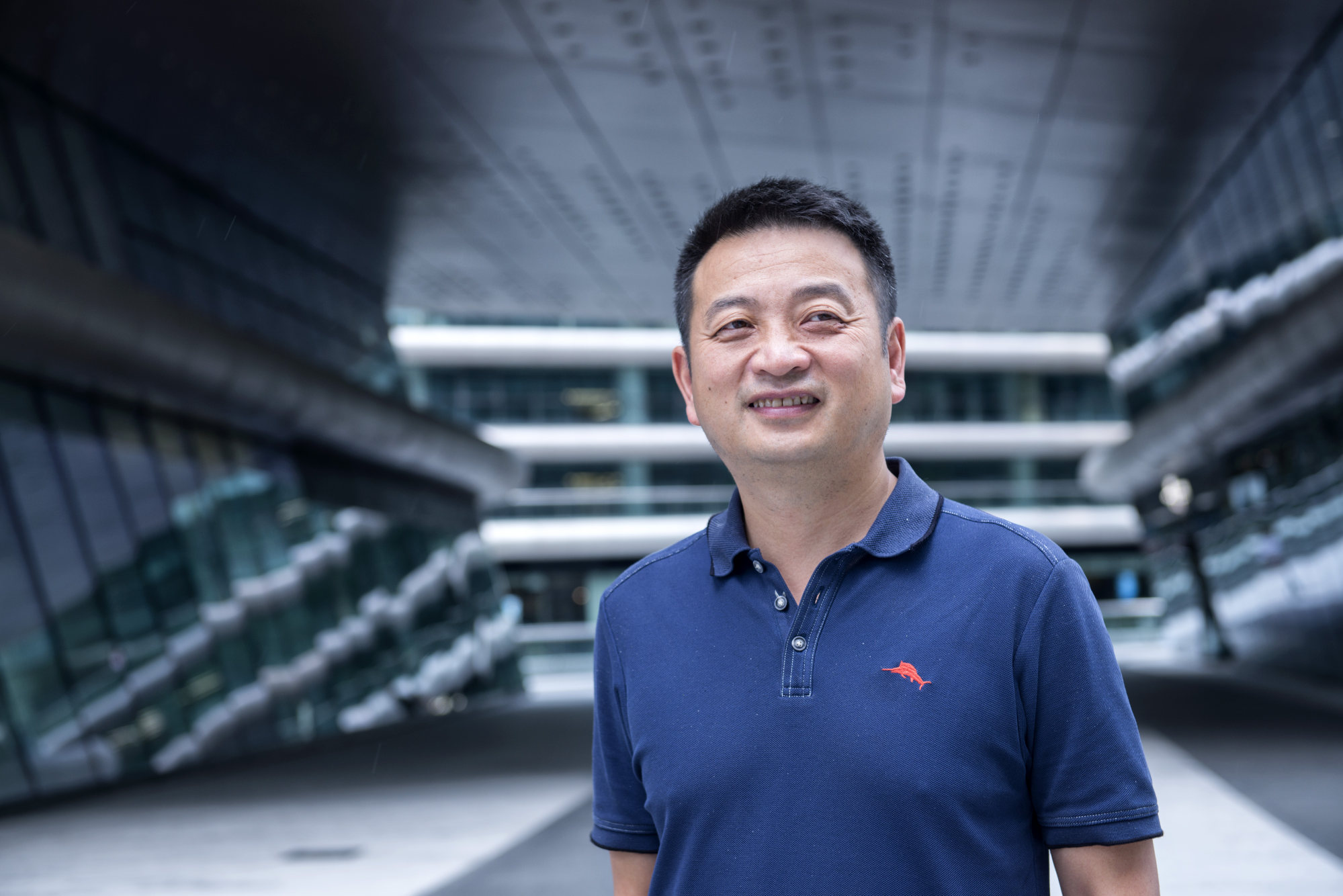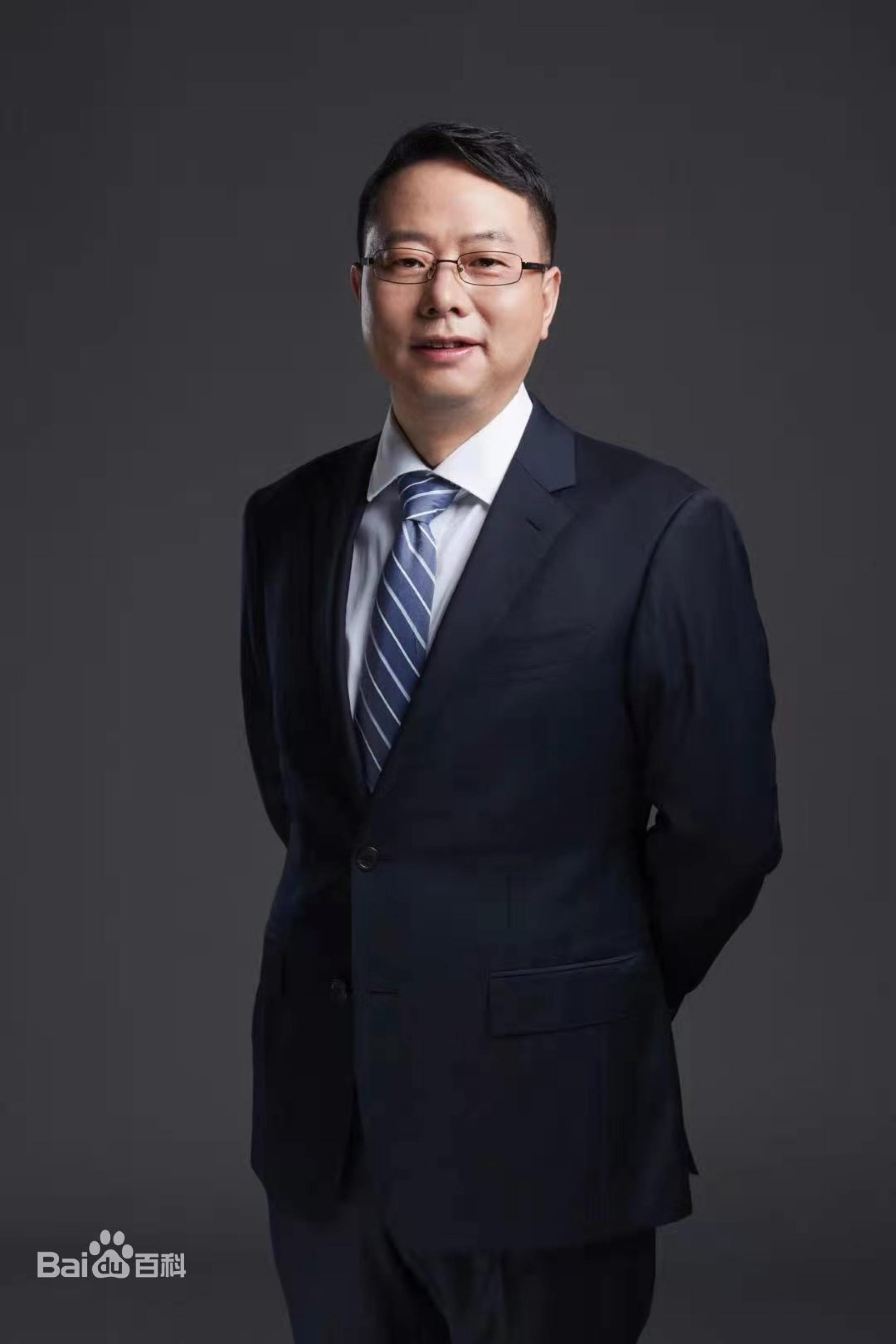
Explainer | Why were Alibaba, Fosun, Blue Moon among 21 private companies going on parade on China’s state TV?
- Show airing on CCTV features rare appearances by top executives discussing their confidence in China’s economic prospects
- The show is seen as a clear sign of Beijing’s determination to revive entrepreneur confidence following an era of crackdowns and pandemic pain
Executives from 21 private-sector Chinese companies touted their confidence in the nation’s economy in an unprecedented programme aired by China’s state broadcaster, an affirmation of their economic role by the ruling Communist Party and evidence of Beijing’s determination to revive private businesses as it makes economic growth its top priority this year.
Companies highlighted on The Dialogue, airing in two parts on January 7 and January 14, include tech giants Alibaba Group Holding and JD.com, manufacturers like Fuyao Glass, conglomerate Fosun Group, consumer brand Blue Moon and new energy leader Longi Green Energy Technology.
The executives discuss why they are confident in China’s economy and explain what they see as the new driving forces for the world’s second-largest economy. The programme aired on China Central Television (CCTV) Channel 2 and also received promotion on the broadcaster’s social-media channels.
“As China’s economy still faces very big downward pressure, the priority [of the country] in 2023 is to stabilise the economy, and the key is to strengthen the confidence of private-sector entrepreneurs, that’s why CCTV released this video,” said G. Bin Zhao, senior economist at PwC China based in Shanghai.
“From the perspective of entrepreneurs, the economic prospects are still gloomy, and they might not speed up much investment right away before more signals on economic recovery,” Zhao said.
Here’s a list of the 21 entrepreneurs, and the companies they represent (presented in the order they appear in the programme):

1. Zong Qinghou, chairman of Hangzhou Wahaha Group
Wahaha Group, based in Hangzhou in Zhejiang province, is one of the largest beverage companies in China. It evolved from a local government-owned company – founded by Zong Qinghou in 1987 as a store in a school in the city – into a giant with 81 production lines across 29 cities and provinces.
Zong was the 45st richest person in China in a ranking by Forbes in 2022, and the 235th richest in the world as of Friday.

2. Cao Dewang, founder and chairman of Fuyao Glass Industry Group
Shanghai-listed Fuyao Glass Industry Group is the world’s largest manufacturer of automotive glass. It is based in Fuzhou, the capital city of China’s southeastern Fujian province.
Founder and Chairman Cao Dewang became famous when the Oscar-winning 2019 documentary American Factory featured a Fuyao factory in Ohio in the United States.
Cao’s biography is a true “rags to riches” story. He rose to the ranks of China’s richest people from a humble start as a boy so poor he had to drop out of school at 14 to sell fruit and fix bicycles on the streets to help his family make ends meet.
He has invested 10 billion yuan (US$1.54 billion) to build a technology university in China.

3. Li Dongsheng, founder and chairman of TCL Technology
Li Dongsheng began his career at TTK Home Electronic Appliances, which was the predecessor of TCL.

4. Leng Youbin, chairman of China Feihe
China Feihe is a major infant formula maker. The company holds the largest slice of the market for baby milk formula and infant milk in the world’s most populous nation, with a 15.6 per cent share as of 2018.

5. Liu Yonghao, chairman of New Hope Group
New Hope Group is a giant in the modern agriculture and food industry, with the second-largest feed production capacity in the world. Supplying meat, eggs and milk products, it has also expanded into financial investment and healthcare.

6. Daniel Zhang Yong, executive chairman of the board and CEO of Alibaba Group Holding
Alibaba owns the South China Morning Post.

7. Zhou Haijiang, president of Hongdou Group
Hongdou Group is a garment producer founded in 1957, which later expanded into tyre production, medicine and industrial-park development. Its subsidiaries include Jiangsu Hongdou Industrial and Jiangsu General Science Technology, both listed in Shanghai.

8. Nan Cunhui, chairman of Chint Group
Chint Group is a provider of various smart-energy solutions, producing electrical components such as electric transmission equipment. Its Zhejiang Chint Electrics unit is listed in Shanghai.

9. Xu Lei, CEO at JD.com
JD.com is one of the largest e-commerce companies in China. Based in Beijing, the company was started by Liu Qiangdong in 1998, before its online retail platform went public in 2004. The company also owns Hong Kong-listed JD Health International and JD Logistics.

10. Guo Guangchang, chairman of Fosun International

11. Zhou Hongjiang, chairman of Yantai Changyu Pioneer Wine Company
Yantai Changyu Pioneer Wine Company is one of the largest wine producers in Asia. The Shenzhen-listed company was the first wine producer among its peers in China to use industrialised production. The company was started by Indonesian Chinese businessman Zhang Bishi in 1892.

12. James Liang, co-founder and executive chairman of the board at Trip.com Group
Trip.com Group is the largest travel-booking company in China. The Hong Kong-listed company, based in Shanghai, offers booking services for hotels, flights, trains and shuttles. It embarked on a globalisation effort in 2016, establishing a Southeast Asia headquarters in Singapore.
James Liang co-founded Trip.com Group after serving in a few technical and managerial roles at Oracle. He is also co-chairman of Hong Kong-listed Tongcheng-eLong, Nasdaq-listed Sina and MakeMyTrip.

13. Wei Lihua, chairman and CEO of Shijiazhuang Junlebao Dairy
Shijiazhuang Junlebao Dairy produces milk, milk powder and related products. It is the largest dairy processor in northern Hebei province, established in 1995.
China Mengniu Dairy Company, one of the largest dairy companies in China, in November wrapped up the sale of its 51 per cent stake in Junlebao, which returned control of Junlebao back to its founder, Wei Lihua.

14. Liu Hanyuan, founder and executive chairman of the board at Tongwei
Shanghai-listed Tongwei is a giant in agricultural products, including aquatic and livestock feed, as well as in new-energy products and services, including polysilicon production and solar cells.
Liu Hanyuan founded an aquatic-feed factory, the predecessor of Tongwei, in 1986 after working as an engineer at a county-level hydroelectric bureau in Sichuan province. He now has a net worth of US$11.8 billion and ranks as the 20th richest person in China and the 134th richest in the world, according to a Forbes ranking in 2022.

15. Jiang Xipei, founder and executive chairman of the board at Far East Holding Group
Far East Holding Group focuses on smart cable networks, smart batteries and smart airports. It produces lithium batteries and supplies carmakers including Geely, Jiangling Motors, Dongfeng Motor Corporation and Chery Automobile.

16. Yan Kaijing, executive chairman of the board at Tasly Holding Group
Tasly Holding Group focuses on healthcare, with interests in products for the cardio-cerebrovascular and digestive systems, metabolism, tumour immunity and neuroscience. Its Tasly Pharmaceutical Group, listed on the Shanghai Stock Exchange, produces traditional Chinese medicines.

17. Xin Xufeng, CEO of Luhua Group
Luhua Group is a company producing edible oil, rice and condiments. Based out of Yantai city, Shandong province, the company has annual production capacity for 1.5 million tonnes of edible oil and 300,000 tonnes of condiments.

18. Wang Nanbo, Jingpai
Jingpai produces wine that integrates with traditional medicine, aiming to enhance health. The company is based in Daye city of Hubei province.

19. Zhong Baoshen, chairman of Longi Green Energy Technology
Zhong Baoshen had a net worth of US$1.1 billion as of April 2022, according to Forbes. He holds positions in several industry associations and bodies, including as chairman of the New Energy Chamber of Commerce of the All-China Federation of Industry and Commerce and as deputy director general of the China Photovoltaic Industry Association.

20. Fu Rao, Sichuan Langjiu Group
Sichuan Langjiu is a distillery of the rice liquor known as baijiu, based in Erlang in Sichuan province. It sold 20 billion yuan of baijiu last year, making it one of the top 10 distilleries in China. Its flagship baijiu brands are Qinghualang and Xiaolangjiu.

21. Liu Zhiqiang, general manager of Blue Moon China
Blue Moon makes and sells household products including washing machine detergent, pre-wash laundry liquid and hand-wash laundry detergent.
Established in 1992, the Hong Kong-listed company recorded a loss of HK$148.9 million (US$19.1 million) in the first six months in 2022, compared with a loss of almost HK$44 million in the previous-year period. Its sales reached HK$2.88 billion in the first half of 2022, up from around HK$2.36 billion in the first half of 2021.
The company was invited to appear in the CCTV programme, it said in a written reply to the Post’s questions.
“With the ending of the Covid-19 restrictions, we are looking forward to seeing a more vibrant market,” the company said.

